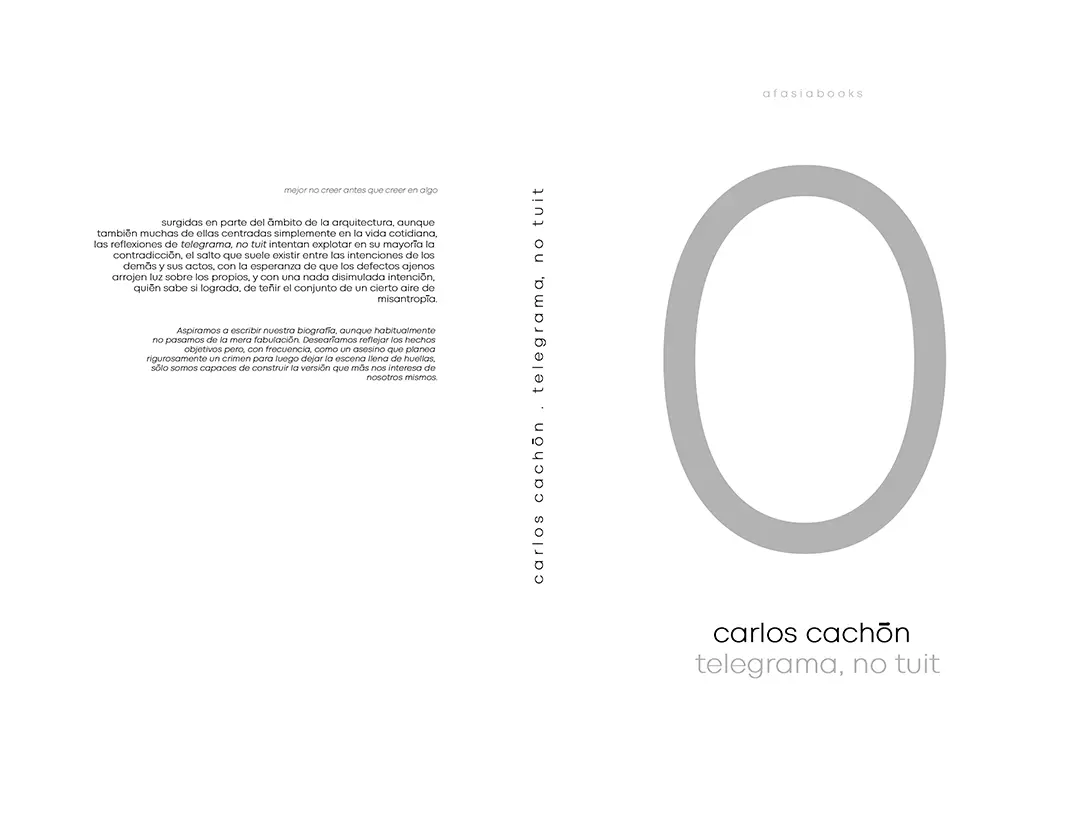
carles g. oliver . xim moyá . antonio martín . alfonso reina
The project, inclusive of a social housing building and the pedestrian street in front of it, demonstrates the value and viability of incorporating stone barrel vaults in housing projects. This strategy provides thermal inertia to cool for free in summer through a low carbon structure which is as heavy as possible, and is complemented by cross ventilation, taking advantage of the sea breeze (Embat).
The marès sandstone comprises a large part of the island’s built landscape and is present in both vernacular and institutional architecture. It has been selected as it is one of the local industrially extracted materials available with less incorporated energy, and this particular sandstone comes from 18 km away.
The recent introduction of new regulatory frameworks, more restrictive and derived from the European Directives, has increased the cost of the works and has made it possible to recover solutions considered such as this, previously considered obsolete. This project has been funded by the tourism tax of Balearic Islands.
The insulation is made of 30 cm of dead dry leaves of Posidonia from Cala Estància, 11km from the site. Posidonia oceanica is a protected marine plant exclusive to the Mediterranean Sea, and its use requires a permit by the local Ministry of the Environment. However, the large surplus volume of dead leaves piled up in some coastal areas of the Balearic Islands allows traditional uses. Using the dead leaves of posidonia dried under the sun as a construction material makes visible the environmental value of this plant, and relates our inhabitation with the ecosystems that surround us. This is, we don’t inhabit a house, but an ecosystem.
_

